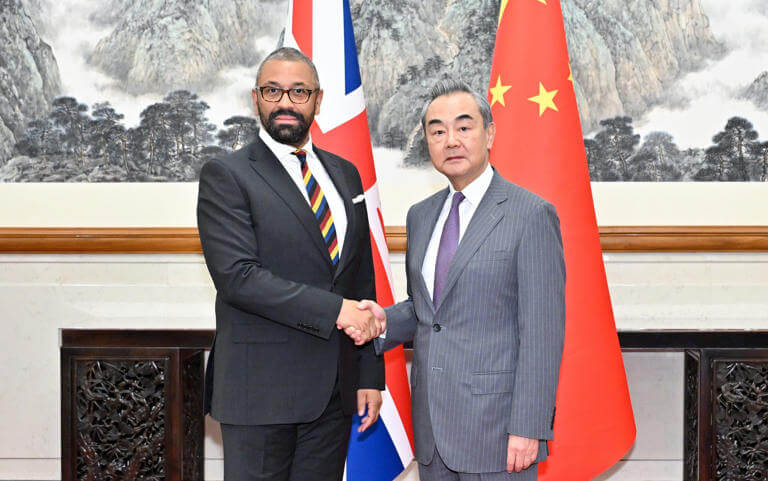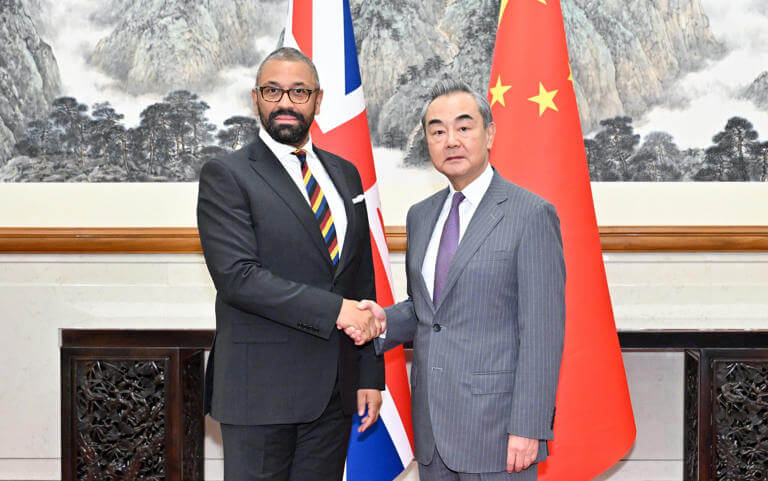China’s Rising Tensions: A Clarion Call to the West. Frank Kendall, the Air Force Secretary under President Joe Biden, stated unequivocally that based on current intelligence, China seems to be preparing for a conflict, and particularly a conflict with the U.S.
Kendall is a well-respected figure in defense, having held significant positions under the Obama administration and later transitioning to the private sector during the Trump years. His perspective aligns with a growing shared sentiment in the U.S., recognizing the potential threat that China presents to the Western world.
The concern isn’t solely military but stretches to encompass political and economic spheres. Over the past ten years, Western nations have recognized these challenges with varying urgency. In many instances, the realization of the extent of this potential threat has been delayed.
As a case in point, while Australia and New Zealand voiced concerns regarding the involvement of Huawei and ZTE in fifth-generation telecommunication services, due to their affiliations with the Chinese government, similar apprehensions took time to mature in places like London and Washington.

The reluctance of the UK to label Beijing as a direct “threat”, preferring the milder “competitor”, highlights the cautious approach many have adopted. However, the recent arrest of a suspected Chinese spy has stirred concerns among UK parliament members.
Historically, nations prioritize spying on adversaries perceived as threats. With FBI director Chris Wray terming China’s espionage activities as our generation’s significant challenge and Canada probing into China’s attempts at undermining its democracy, the looming question is, isn’t the UK equally at risk?
The government’s primary role is to safeguard its citizens from external threats, which many private entities might overlook or be unequipped to handle.
China’s approach over the decades can be characterized as an economic onslaught against the West. This includes intellectual property theft, mercantilistic strategies in trade bodies like the World Trade Organization, and protectionism in domestic markets. The discrepancy in the scrutiny of financial data from Chinese and Western companies also raises eyebrows.
Addressing China’s evasiveness requires a united front from democratic nations, echoing the unity represented by organizations like NATO.
Some argue the West’s dependence on China, especially in sectors like climate change mitigation. However, many of these concerns stem from businesses deeply invested in China, forgetting the unpredictability of international politics.
Recent discoveries of mineral deposits critical to technological advancements, such as lithium along the Nevada-Oregon border and rare earths in Sweden, underline the fact that the West isn’t as dependent on China as previously thought.
Recognizing and responding to China’s comprehensive threat is paramount for the West to secure its position in the 21st century. Ignoring the evident challenges for the sake of maintaining a diplomatic facade with China might lead to our downfall. As Franklin Roosevelt once aptly put, our greatest enemy might just be our own apprehensions.
Author Note: John Bolton is a former US national security adviser.
For more information about China’s Rising Tensions: A Clarion Call to the West please email us at hq@navycrow.com.






